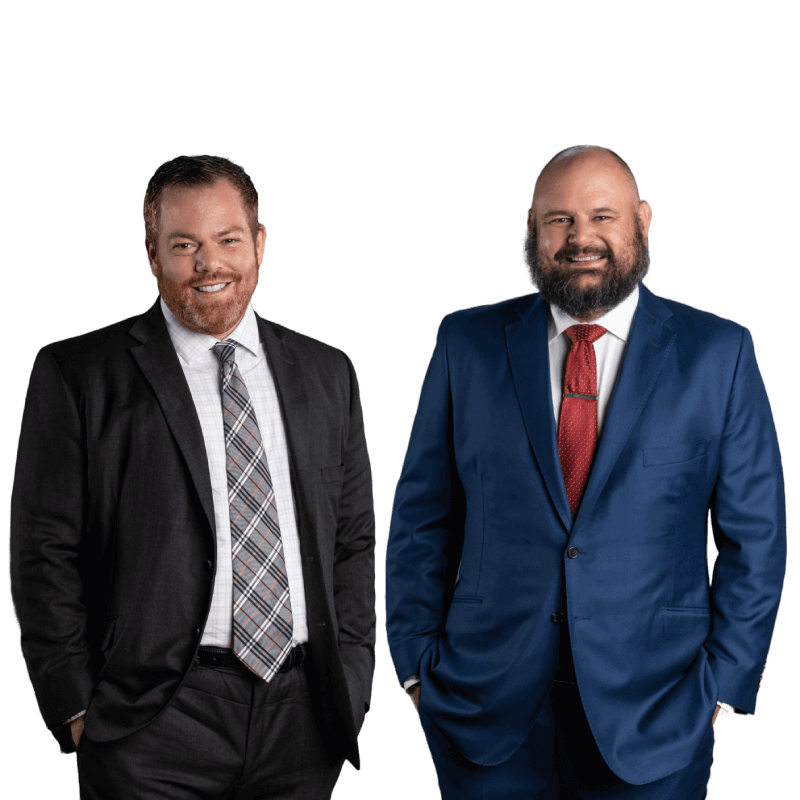Maximizing a car accident settlement means building a strong, well-documented case that fully reflects the impact of your injuries and losses. This includes gathering clear evidence from the crash scene, keeping detailed medical and expense records, and following through with all prescribed treatments. Avoid accepting the first offer, as insurers often start low, and consider having an experienced car accident lawyer negotiate on your behalf to account for future medical needs, lost income, and pain and suffering. Phoenix car accident lawyer can significantly improve your chances of securing fair compensation.
What Are the Most Effective Ways to Maximize Your Settlement?
The most effective strategies include comprehensive documentation of the accident scene and injuries, obtaining prompt medical treatment, understanding Arizona’s comparative negligence rules, and accurately calculating all damages including future medical costs and lost wages. These foundational steps create a strong claim that insurance companies cannot easily dispute or minimize.
Document Everything Immediately After the Accident
- Take photographs of vehicle damage, road conditions, traffic signals, and any visible injuries from multiple angles. Capture details like skid marks, debris patterns, weather conditions, and the final resting positions of all vehicles involved. These images tell the story of what happened when memories fade and conflicting accounts emerge.
- Collect contact information from all parties involved, witnesses, and responding officers. Obtain witness statements that provide important perspectives officers might miss. Independent witnesses who have no stake in the outcome carry significant weight with insurance companies and can corroborate your version of events when liability becomes disputed.
- Keep detailed records of every expense related to your accident, including medical bills, prescription costs, transportation to medical appointments, and lost wages. Save receipts for everything from bandages to parking fees at medical facilities. These seemingly small expenses add up quickly and represent real financial losses that deserve compensation.
- Maintain a daily journal documenting your pain levels, limitations, and how your injuries affect your daily activities. This creates important evidence for non-economic damages that insurance companies often try to minimize. Write about activities you can no longer perform, sleep difficulties, and other quality-of-life changes that numbers alone cannot capture.
- Create a dedicated file or digital folder for all accident-related documents, including copies of insurance policies, correspondence with insurance companies, and any expert reports or evaluations. Organization demonstrates thoroughness to insurance adjusters and helps ensure you don’t overlook any damages when preparing your claim.
Seek Immediate Medical Attention and Follow Treatment Plans
- Obtain prompt medical care to protect your health and strengthen your legal claim. Adrenaline can mask serious injuries, and conditions like whiplash or traumatic brain injuries may not manifest symptoms immediately. A medical professional can identify and document injuries that might otherwise go unnoticed until they worsen.
- Be completely honest with medical providers about your pain and symptoms—minimizing discomfort can undermine your compensation claim later.
- Follow all prescribed treatment plans consistently, attend every scheduled appointment, and comply with recommended therapies or procedures. Insurance companies often use gaps in treatment or non-compliance as evidence that injuries weren’t severe or weren’t caused by the accident. If financial concerns prevent you from following treatment recommendations, document this issue rather than simply skipping appointments.
- Keep copies of all medical records, diagnostic tests, treatment notes, and bills. Request detailed explanations of medical codes and procedures from your healthcare providers. This documentation directly supports your damage claims and helps justify the compensation you’re seeking.
- Consider asking your doctors for written opinions about how your injuries will affect your future health and activities.
Understand Arizona’s Comparative Negligence Laws
Arizona follows a pure comparative negligence system, meaning you can recover compensation even if you’re 99% at fault for the accident, though your award will be reduced by your percentage of fault. This law differs substantially from other states where being mostly at fault can bar recovery entirely. Understanding this principle helps you evaluate settlement offers and negotiate more effectively.
Stick to factual statements when speaking with insurance adjusters and avoid speculating about what happened or accepting responsibility prematurely.
Gather evidence to dispute any partial fault claims, including traffic camera footage, witness statements, expert accident reconstruction reports, and vehicle damage patterns.
Consider consulting with professionals such as accident reconstruction experts, traffic engineers, and medical professionals to counter insurance company attempts to shift blame.
Calculate All Your Damages Accurately
Obtain repair estimates from multiple reputable shops for vehicle damage and keep receipts for rental cars, towing, and other out-of-pocket expenses.
Document lost wages with pay stubs, tax returns, and letters from your employer. If you’re self-employed, compile business records, client contracts, and tax documents that demonstrate your typical income.
Include lost opportunities like missed promotions, training, or business deals that resulted from your injuries.
Document non-economic damages such as pain and suffering, emotional distress, and loss of enjoyment of life by writing about daily life impacts, relationships, and career prospects.
Consider consulting with vocational experts or life care planners for severe injuries that will affect your long-term earning capacity or require ongoing medical care.
Negotiate Strategically With Insurance Companies
Insurance adjusters are trained to minimize payouts, so you need a clear strategy and systematic approach.
Send a detailed demand letter that outlines the accident facts, establishes the other party’s liability, and itemizes all your damages with supporting documentation.
Research comparable case values to support your counteroffer and be prepared to justify every aspect of your demand with concrete evidence.
Maintain detailed records of all communications with insurance representatives, including dates, times, and content of conversations.
Choose negotiation timing wisely—don’t rush before understanding the full extent of your injuries, but also avoid unnecessary delays once your damages are clear.
Know When to Consider Legal Representation
- Consult with an attorney, particularly a Phoenix car accident attorney, if you’ve suffered serious injuries requiring extensive treatment, if liability is disputed, if multiple parties are involved, or if the insurance company is acting in bad faith.
- Don’t wait until the statute of limitations approaches—early legal advice allows attorneys to preserve evidence, identify all liable parties, and develop comprehensive case strategies.
- Take advantage of contingency fee arrangements, which mean you don’t pay unless they secure a settlement or verdict.
- When evaluating attorneys, consider their experience with similar cases, their track record of settlements and verdicts, and their communication style.
Avoid Common Mistakes That Reduce Settlement Value
- Never sign a release or settlement agreement without fully understanding its terms and ensuring it covers all your damages, including future medical expenses.
- Avoid posting about your accident or activities on social media, since insurance companies regularly monitor these platforms and can use posts out of context.
- Don’t provide recorded statements to insurance companies without understanding your rights—these statements can be edited or used to contradict later testimony.
- Be wary of quick settlement offers made before you’ve fully recovered; some injuries may not reveal their full consequences for months or years.
Speak to a Phoenix Car Accident Lawyer Today
If you have been injured in a car accident or suffered loss due to another’s negligence in Arizona, or you are dealing with an insurance company that is lowballing your claim or outright denying you the compensation you deserve, Hutzler Law can help. Our Phoenix car accident attorneys know what tactics and strategies insurance companies use to protect their interests and minimize payouts to accident victims.
We offer free consultations for car accident matters, so you get answers to your questions without committing to a law firm right away.
Call our office today at (602) 730-4530 or fill out our short contact form.


